NEW YORK—Evidently, I didn't walk into a run-of-the-mill press event. Roughly two months after its annual I/O conference, Google this week invited Ars and several other journalists to the THEP Thai Restaurant in New York City. The company bought out the restaurant for the day, cleared away the tables, and built a little presentation area complete with a TV, loudspeaker, and chairs. Next to the TV was a podium with the Thai restaurant's actual phone—not some new company smartphone, the ol' analogue restaurant line.
We all knew what we were getting into. At I/O 2018, Google shocked the world with a demo of "Google Duplex," an AI system for accomplishing real-world tasks over the phone. The short demo felt like the culmination of Google's various voice-recognition and speech-synthesis capabilities: Google's voice bot could call up businesses and make an appointment on your behalf, all while sounding shockingly similar—some would say deceivingly similar—to a human. Its demo even came complete with artificial speech disfluencies like "um" and "uh."
The short, pre-recorded I/O showcase soon set off a firestorm of debate on the Web. People questioned the ethics of an AI that pretended to be human, wiretap laws were called into question, and some even questioned if the demo was faked. Other than promising Duplex would announce itself as a robot in the future, Google had been pretty quiet about the project since the event.
Then all of a sudden, Google said it was ready to talk more about Duplex. Even better, the company would let me talk directly with the infamous AI. So for an afternoon at least, I wasn't Ron Amadeo, Ars Technica Reviews Editor—I was Ron Amadeo, THEP restaurant employee waiting to field "live" phone calls from a bot.
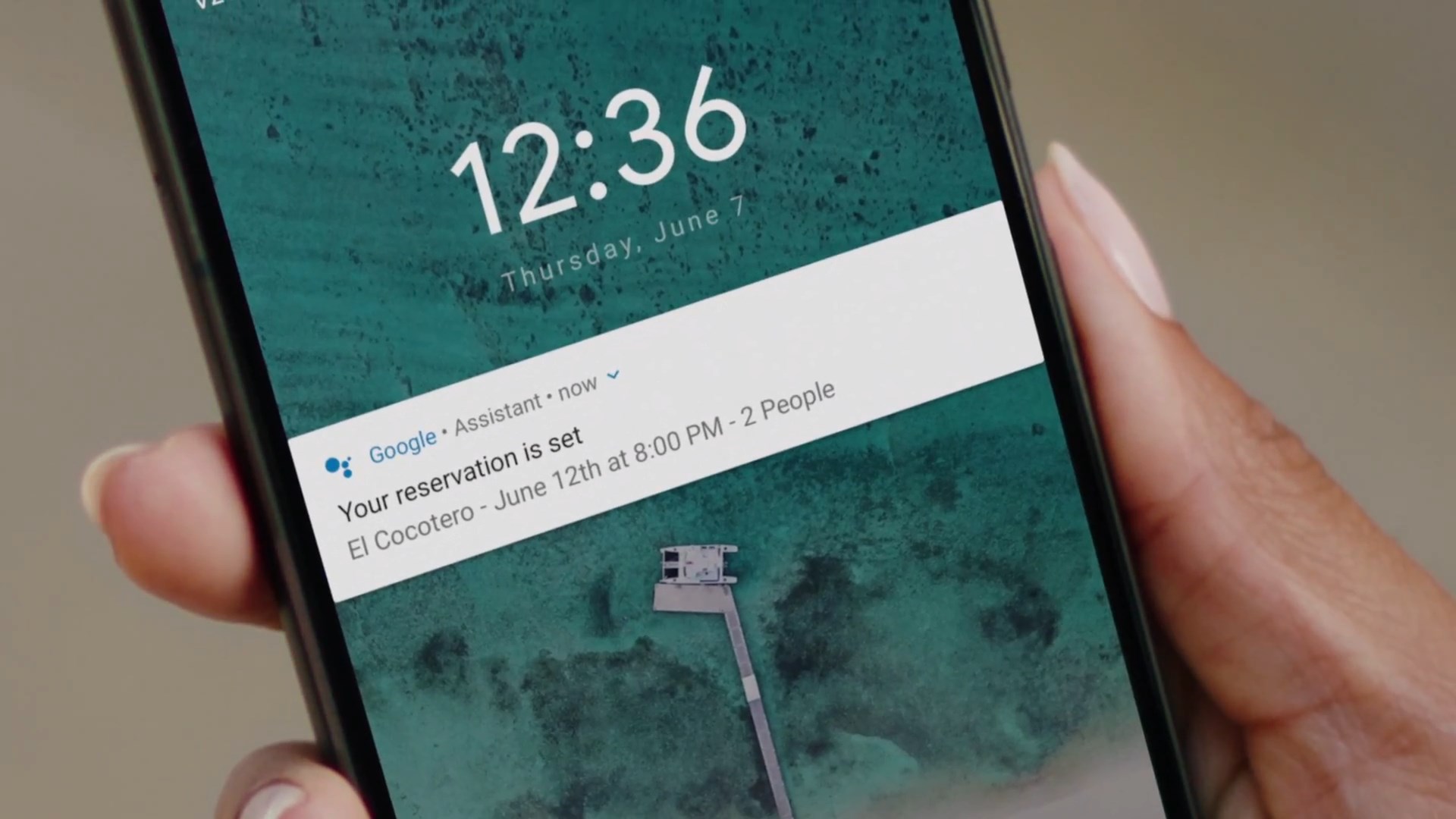

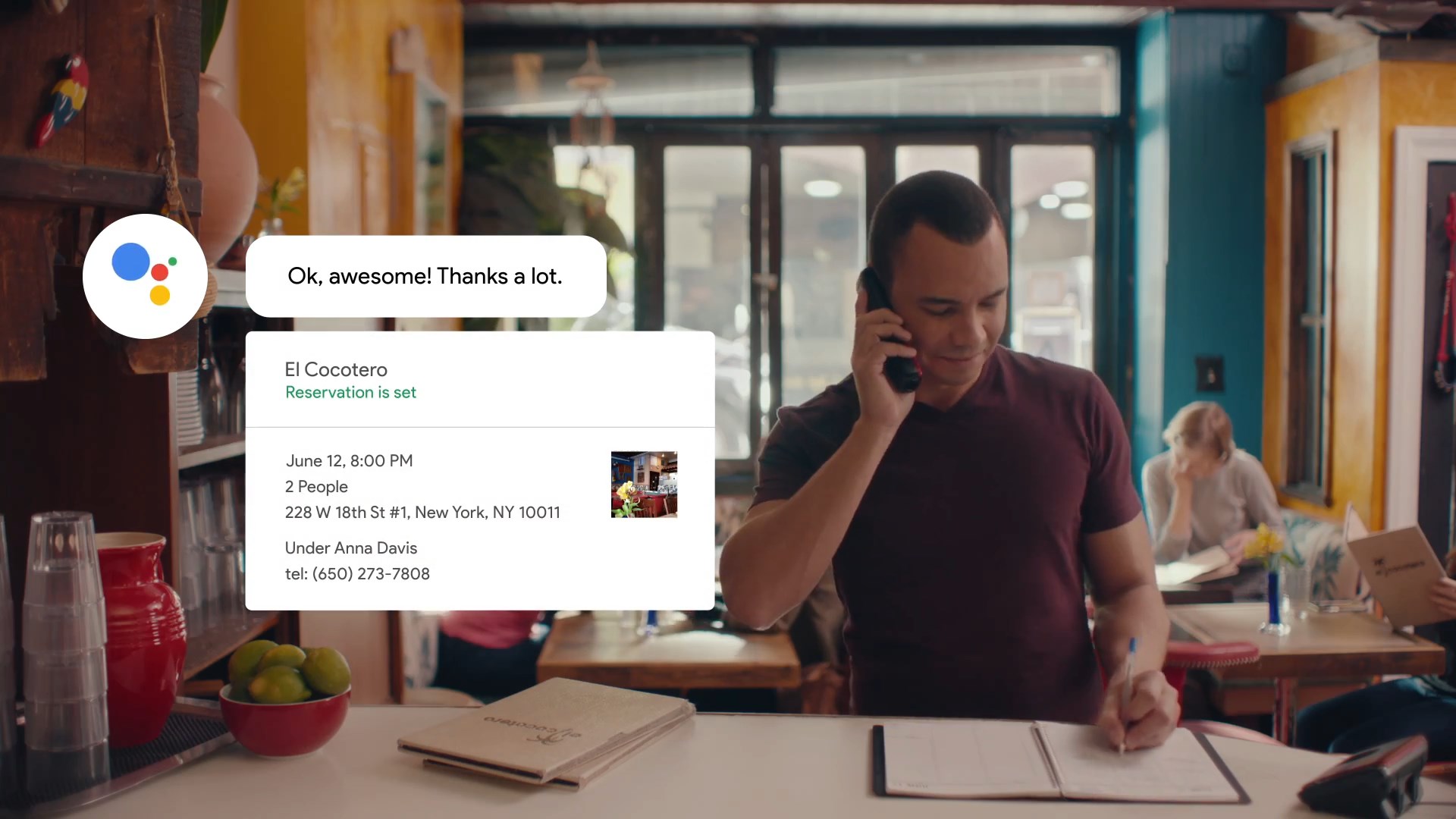
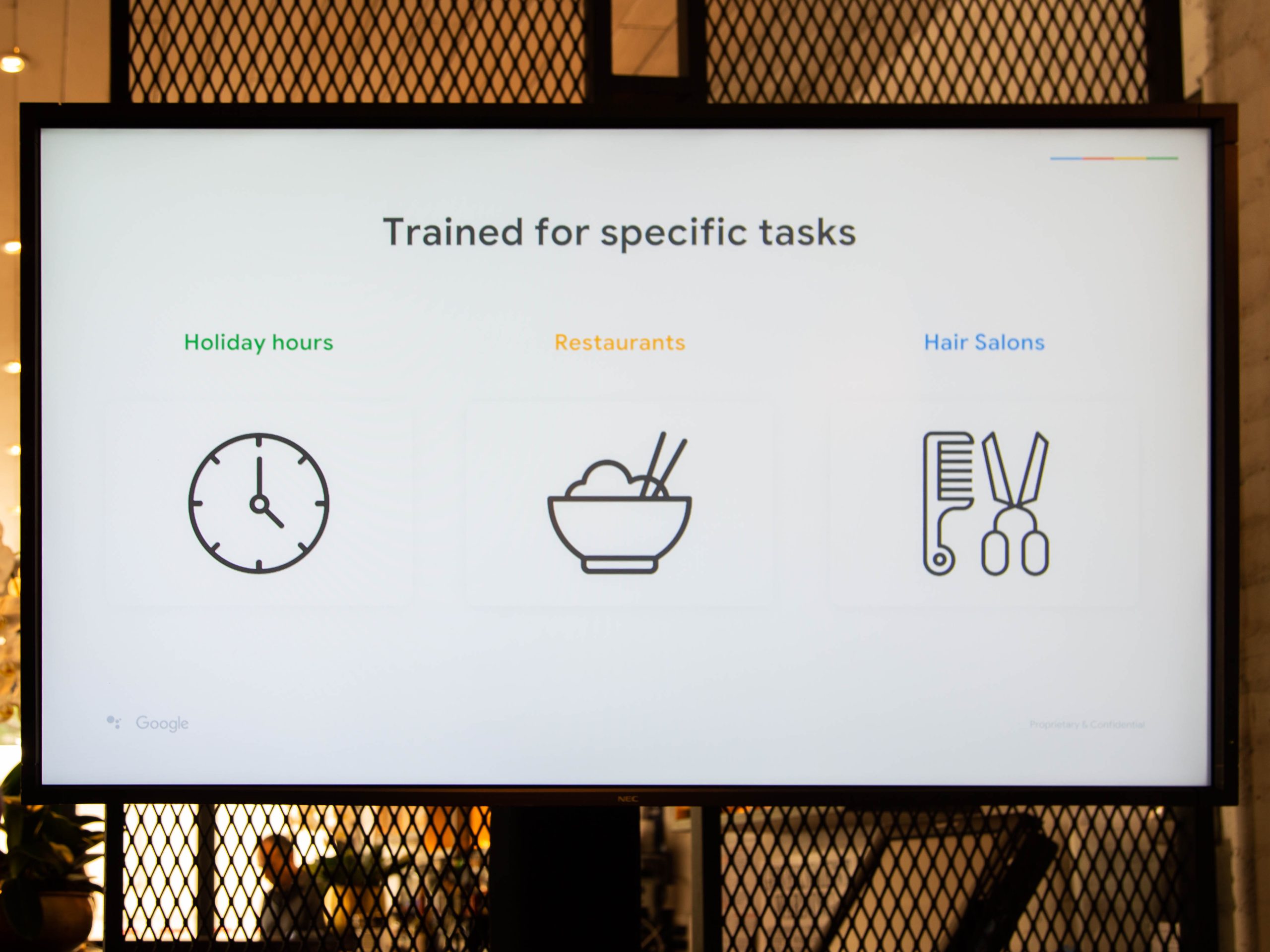
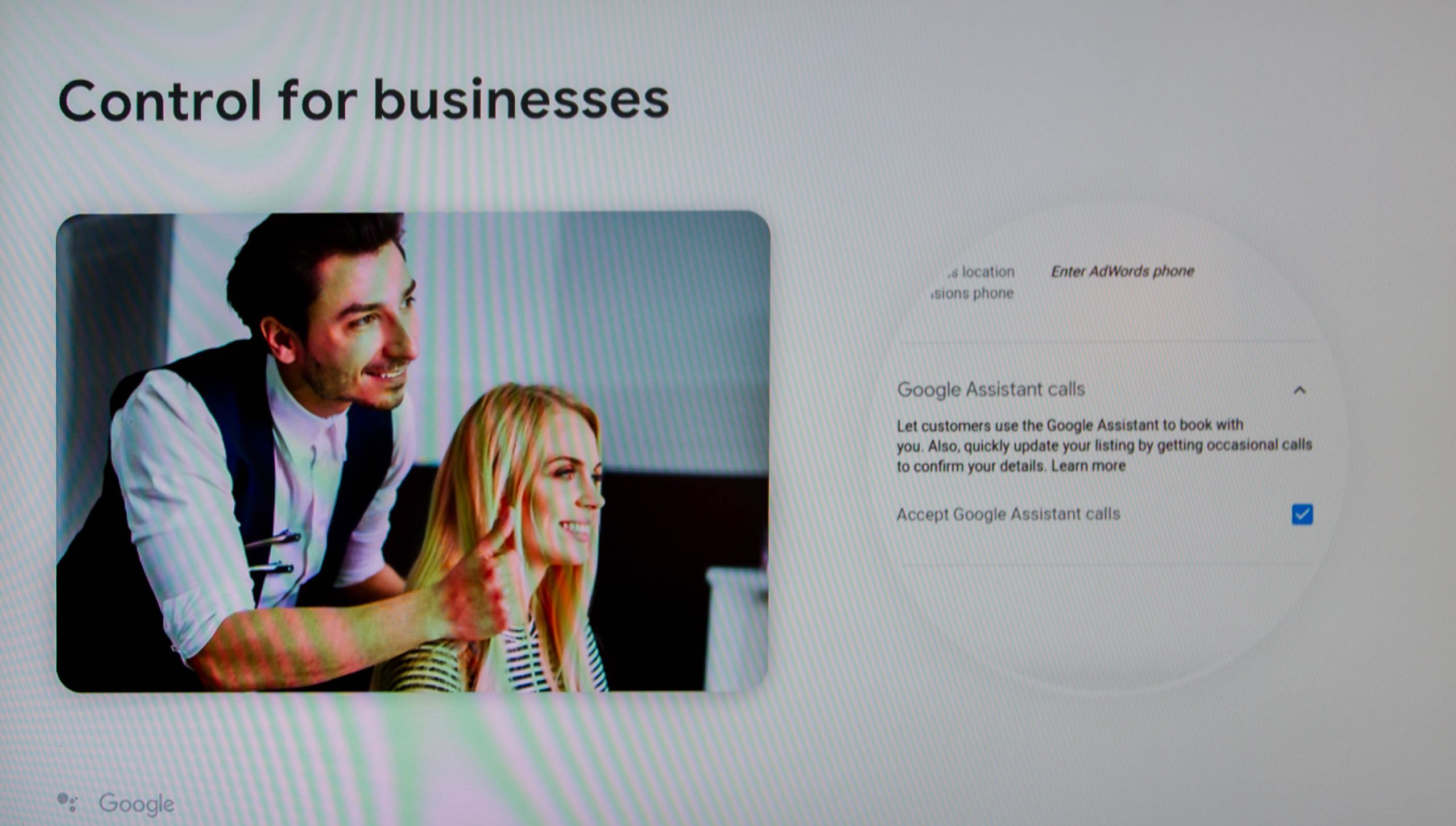


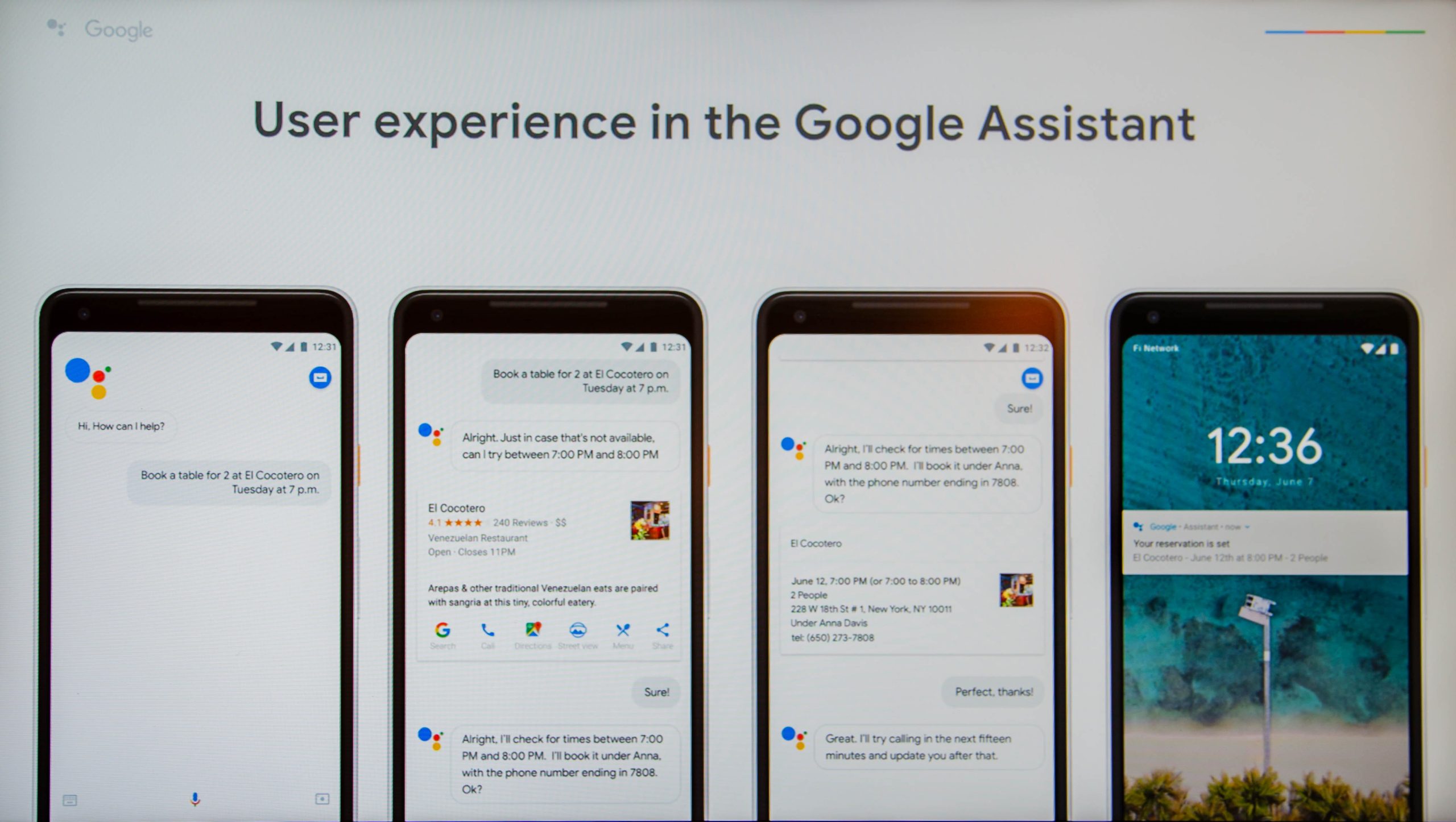

 Loading comments...
Loading comments...
